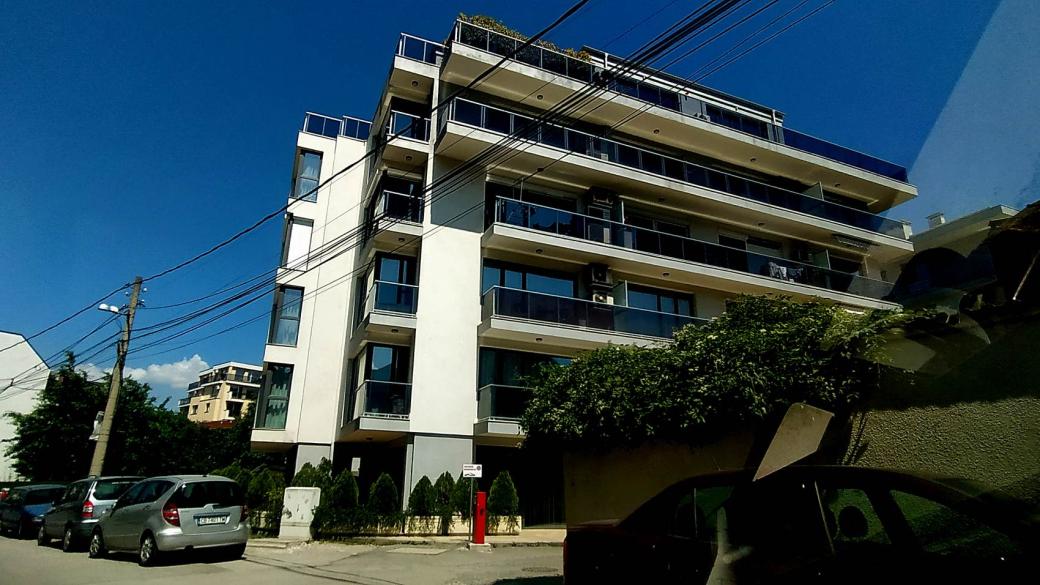Banks in Bulgaria are tightening the criteria for granting loans
For companies, the change in credit policy is most noticeable - interest rates, collateral and conditions are increasing

© ECONOMIC.BG / Krasimir Svrakov
Bulgarian banks have been granting increasingly larger mortgage loans this year, a fact linked to the rising housing prices in the country. This is a finding in the regular Bulgarian National Bank (BNB) survey on the credit granting activity of commercial banks, as part of BNB’s economic review.
The central bank’s report emphasizes that this is also happening against the background of a drop in the number of concluded transactions for the purchase and sale of properties this year. One of the conclusions is that banks are seeing a decline in demand for mortgage loans because of "the outlook for the housing market and the state of the macroeconomic environment."
In addition to all this, it is notable that the banks are slightly tightening the standards for granting mortgage loans, which are internal guidelines and criteria for approval before negotiating the terms of the loans.
Regarding interest rates, BNB reports that the restrictive interest rate policy of the European Central Bank (ECB) has not yet transferred to Bulgaria, and the increase in mandatory minimum reserves for the country’s banks, which the BNB administratively increased in the summer, has had a "limited effect".
The main reasons for the weak penetration of the new ECB policy in Bulgaria are the high liquidity in the banks and the strong competition for market share, especially in the household sector.
Mortgage sizes are growing
Thus, interest rates on mortgage loans, which remain at historical lows in Bulgaria, as well as high inflation, are stimulating citizens to buy properties for the purpose of preserving value or as an alternative form of savings and investment.
However, BNB’s report also pays attention to the increase in people's incomes, which, in combination with the remaining negative real interest rates on housing loans, has boosted the affordability of housing.
Referring to the statistics, BNB points out that the decisions to acquire a home are increasingly based not on reasons for renting it out, but rather on the possibility of selling it in the future for a profit or as an asset to store value.
What about corporate loans?
Banks in Bulgaria have also tightened corporate lending with higher standards and conditions, which usually include both interest rates and various fees and commissions, as well as loan size considerations, terms of utilization, collateral and others.
The financial institutions have reported a generally lower demand for corporate loans in Bulgaria. This is more pronounced in large enterprises, whereas demand from small and medium-sized enterprises grew in the spring and summer. The main factors for the cooling in corporate lending are the increasing possibilities for alternative sources of financing and the rising interest rates. On the other hand, the driver that influenced the growth in lending to small and medium-sized businesses is the need for resources for investment purposes, refinancing and debt renegotiation.
The reason for the more significant increase in interest rates on corporate loans, compared to mortgage loans, is the mechanism by which interest rates are calculated - one is based on the international EURIBOR index and the other - on the volume of deposits.
Translated by Tzvetozar Vincent Iolov

 Antoniya Simova
Antoniya Simova 


